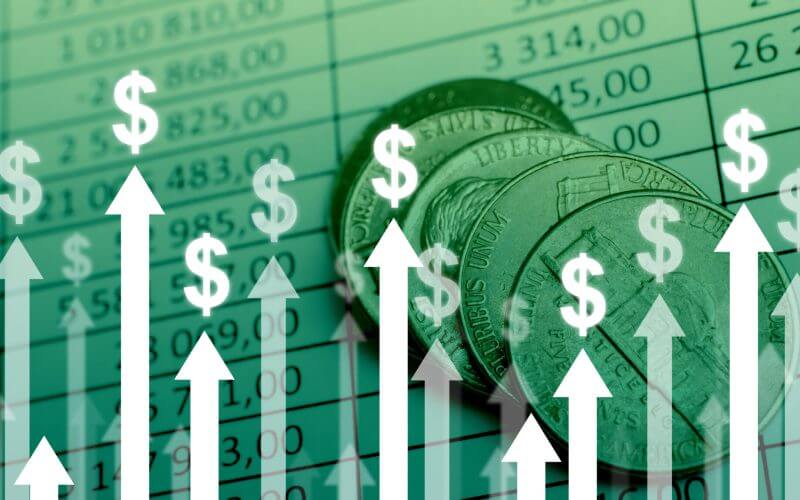The United States economy is not done with high consumer inflation. According to Wednesday's report by Fox Business, in a note to clients last week, Ben Emons of the Connecticut-based NewEdge Wealth warned that "there are signs of a second chapter in the pandemic price surge," citing higher-than-expected inflation readings across the globe.
The signs from economists include a surprising increase in Spanish inflation after five months of slow price growth, on top of increases in consumer price gauges in countries like Japan, Australia, and Italy.
Speaking to Fox Business, Emons, a senior portfolio manager, cited the Federal Reserve research published in January that found inflation has become synchronized globally and driven by factors like housing, energy, and transportation.
"These are all forces in the works here," Emons said. "Inflation has not gone to sleep. Inflation never sleeps, It is higher, and it is going to stay higher. It may go higher."
The study from the Federal Reserve indicates that if inflation spikes in developed nations, it is likely to rise in the U.S. as well.
One of the drivers behind new growth in prices is China's decision to relax its strict COVID-19 policy and reopen its economy, which is the second-largest in the world. As a result, this has helped ease supply chain pressure and revive Beijing's status as a manufacturing powerhouse but has also threatened to increase global prices for fuel, industrial metals, and food.
Emons predicted that China's tourism industry will influence the next wave of inflation. Before the pandemic locked down the global economy, China was the largest contributor to global tourism. In 2019, Beijing was the leading global spender in international travel, with millions of tourists spending more than a quarter trillion dollars globally.
"There is clearly a link here between what happens in China and what happens in Japan or Spain or Italy or the U.S.," Emons said to Fox Business. "It is all connected in terms of inflation. Everywhere inflation is going up and down for the same reason: it is going up because of the pandemic and going down because central banks are raising rates."
While reports have indicated that inflation in the U.S. economy has fallen back from a peak of 9.1 percent last summer, economists like Emons warn that there are signs of underlying price pressures in the economy. Gas prices have increased $0.26 from a month ago, and core inflation remains very high.
Most recently, the Labor Department reported that the economy added 517,000 jobs in January despite the interest rate hike campaigns by the Federal Reserve since the 1980s. On Wednesday, U.S. Federal Reserve Chair Jerome Powell mentioned the slow and steady inflation rate decline but cautioned reporters that the labor market is still very "tight" and is"out of balance."
In Washington, House Republicans have vowed to tackle rising inflation calling on the Biden administration and its Democratic allies to halt calls for more federal spending and instead cut spending, government taxes, and regulations crippling businesses and consumers.
Related Story: Americans Tired of Inflation Now Splurging on Luxury Items









